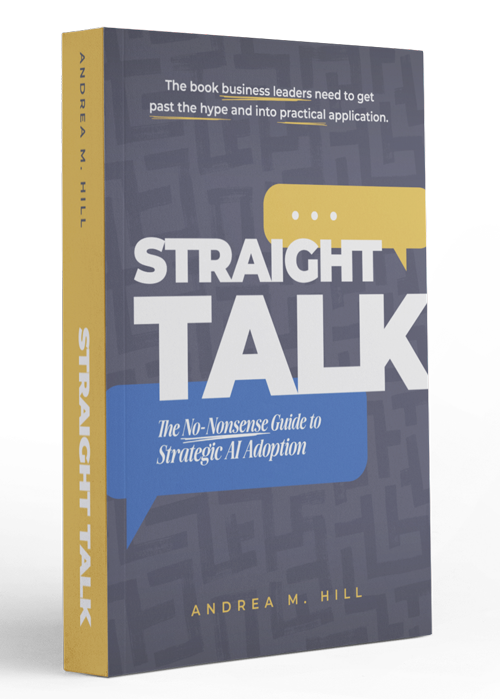The Economics of AI-First: A Briefing Note for COOs and Operations Leaders

AI is not just another tool for efficiency. It is redefining how work gets done. The companies that win in this new era will be those that reimagine operations as AI-first, redesign processes end-to-end, and free people to focus on higher-value oversight and innovation.
In my recent Forbes article, I explore how AI is reshaping competitive advantage. This briefing note distills the message for COOs and operations leaders who need to guide their organizations through the shift from incremental efficiency to reimagined, AI-enabled operating models.
Here are the takeaways from "AI and Competitive Advantage in the Next Era" for COOs and operations leaders (read the full article here):
1. AI-first workflows redefine efficiency
In the past, growth and cost moved together. To serve more customers, companies needed more people, more machines, and more infrastructure. AI-first workflows break that link, making it possible to scale services without proportionate increases in expense.
2. Legacy systems are holding back competitiveness
Too many organizations still rely on outdated ERP and patched-together systems that don’t communicate with each other. These create bottlenecks, manual workarounds, and wasted effort. Modernization is no longer optional. It will be the foundation for competitiveness in an AI-first economy.
3. Small human teams, big agent factories
AI enables a handful of people to oversee what McKinsey calls “agent factories”: dozens of AI systems running end-to-end processes such as onboarding, claims, or compliance. Operations leaders must learn how to design these workflows, define where humans add value, and keep oversight at the right level.
4. Process fluency becomes a core capability
AI doesn’t fix broken processes: it amplifies them. Operations leaders must ensure that workflows are clear, efficient, and designed with the user in mind before layering AI on top. Process fluency will determine whether AI delivers clarity or chaos.
5. Real-time governance is the new standard
Oversight can no longer be episodic or paper-heavy. AI-first operations require real-time monitoring, with embedded checks and balances. COOs must balance automation with human accountability to manage risk without slowing the organization down.
Bottom line for COOs
The next competitive advantage in operations will belong to leaders who reimagine workflows from the ground up, modernize outdated systems, and build organizations where humans and AI work seamlessly together. The COO role is no longer about incremental efficiency. In this AI-first era of competitiveness, it is about designing the operating model of the future.
Andrea Hill's
Latest Book
Straight Talk
The No-Nonsense Guide to Strategic AI Adoption

Where other books focus on prompts and tools, this book gives business leaders what they actually need: the frameworks and confidence to lead AI adoption responsibly, without having to become technologists themselves.
Also available at independent booksellers and public libraries.
Are You Ready to Do Better Growth Management?
StrategyWerx is all about growth strategy and management. That means giving you the tools you need to develop sound strategies, structure your organization to lay the track ahead of the train, and implement the tools you need to grow. Ready to learn more about how we do that? Book a free consult and bring your questions. See if you like working with us on our dime, and get some good advice in the process.